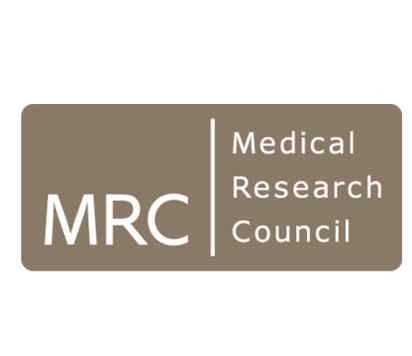
Key question
How does fermentable carbohydrate aid recovery of gut microbiota/function in SAM/chronic malnutrition, especially following antibiotic treatment?
Children hospitalised with severe acute malnutrition (SAM) do not respond to standard treatments as well as children with less severe forms of malnutrition. Research suggests that the persistently high mortality rate may be due to a combination of impaired gut function, reduced immunity, and changes in gut microbiota.
Gut function encompasses both the digestion and absorption of nutrients and maintaining the integrity of the gut barrier. Poor nutrition directly affects the cells of the gut, as these turnover at a high rate. This can lead to poor uptake of nutrients, and a loss of gut integrity. If the gut lining becomes weakened, bacteria from the gut can enter the bloodstream more easily, leading to serious infection. The risk from these infections is higher in severe malnutrition, as the immune system does not have adequate resources to mount a defence. While some bacteria from the gut can cause disease, others can support the gut barrier. They do this by competing with disease-causing bacteria for nutrients, making the local environment less hospitable for bad bacteria, releasing energy from food for use by gut cells, and producing some vitamins. Providing a source of energy for good bacteria may, therefore, be able to prevent the loss of gut function and reduction in immunity seen in SAM. Fermentable carbohydrates are one type of energy source for good bacteria (prebiotic) that can be easily added to existing treatments. We aim to explore whether fermentable carbohydrates could improve outcomes in SAM, and identify the underpinning mechanisms.
General enquiries
Georgia Levey
Centre for Translational Nutrition and Food Research Coordinator
